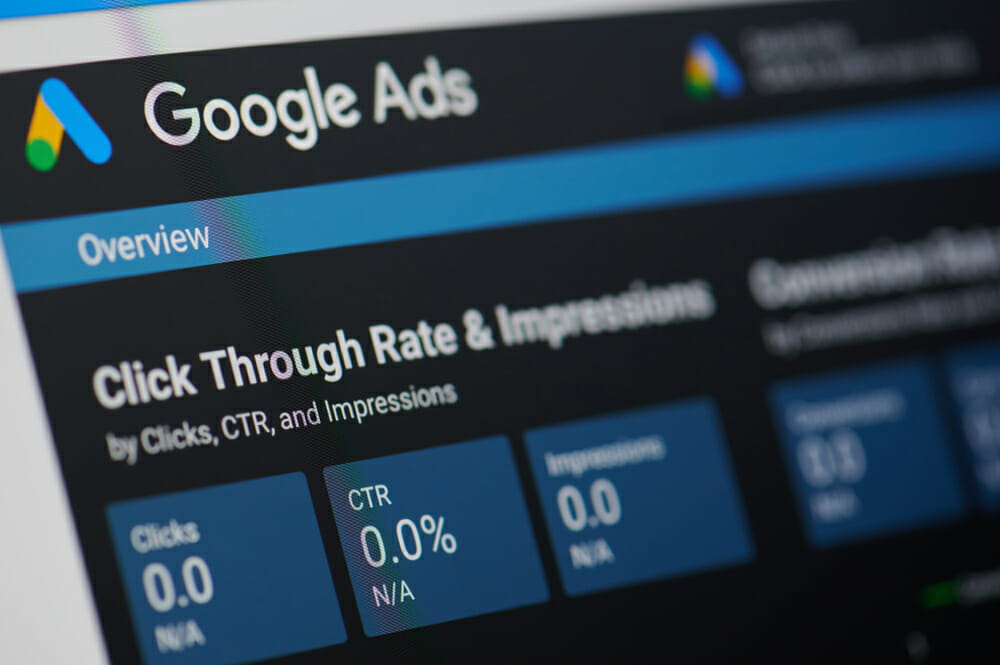If you’re serious about developing your business in the competitive internet world, you already know the value of search engine advertising. You should also use social media and other authority websites in your field to advertise, but Google Ads should be your primary advertising channel for the most part.
What Makes a Google Ad Successful?
However, you do have some influence over where your adverts appear in the digital world. You might begin by researching to learn about your target demographic’s major drivers and motivators. Understanding the buyer’s journey and learning to design online copy that sells based on their interests and desires is critical.
You also need to use the correct keywords, headlines, CTAs, images, and audience-specific factors in your ads. Make sure to test your adverts for certain areas and nations, as well as different demographics and age groups.
Is it Possible to Request a Refund from Google?
Running Google Ads can be a costly activity, given the popular data reporting that a considerable amount of Google Ad clicks are fraudulent (meaning ads are clicked by automated bandits known as bots). As a result, it’s critical to keep a close eye on and audit your ad spending. You can certainly request a refund for fake clicks and invalid traffic, but you must first have the necessary documents and proof.
Whether you’re focusing on B2B sales or have a high CTR on your ads in the B2C world, you need to keep a complete record of all clicks and traffic to detect fraudulent behavior. And no, sending Google your full ad click history isn’t going to work.
So, before contacting Google, you’ll need to trawl through your click history and hand-pick the ones you believe are suspect. You’ll only be able to do this once per 60 days, so be thorough!
Using Google Ads to File a Complaint
When you’ve gathered all of your information and are ready to register a refund claim, go to Google’s official refund page. You must complete all fields and provide a summary of the problem.
When writing your summary, keep it as brief as possible. For your website and SEO efforts, forget about blog writing and instead focus on delivering tangible information that Google can utilize to assist you to receive a refund.
Simply fill out the form and connect your weblogs to allow Google to sift through the clicks and IP addresses. As you can expect, doing this by hand is a lot of work, so let’s wrap things up with a look at some useful tools.
Preventing Fraud with the Right Tools
PPC Protect, for example, is a popular solution that prevents click fraud with superior cybersecurity and real-time data analysis. Using a dedicated IP analyzer, on the other hand, you can immediately discover fake and blacklisted IP addresses.
There are numerous IP lookup services available, including WhatIsMyIP.com, Blacklist Master, and IP Tracker. These IP analyzers will tell you where the IPs in your log are located and if they have been blacklisted elsewhere on the internet.
You might realize that your advertising is costing you a lot of money yet isn’t converting. If you discover that you’ve been the victim of fraudulent clicks, you can ask Google for a refund.
|
Recommended posts
|


